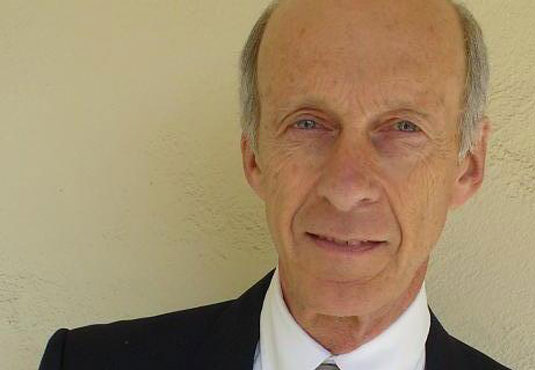Twitter, paywalls, and access to scholarship — are license agreements too restrictive?
Follow Brian on Twitter by clicking here.
Twitter, paywalls, and access to scholarship — are license agreements too restrictive?
I think I may have done something unethical today. But I’m not quite sure, dear reader, so I’m enlisting your energy to help me think things through. Here’s the short story:
Someone posted a link to an interesting-looking article by Caroline Williams at New Scientist — on the “myth” that we should live and eat like cavemen in order to match our lifestyle to that of our evolutionary ancestors, and thereby maximize health. Now, I assume that when you click on the link I just gave you (unless you’re a New Scientist subscriber), you get a short little blurb from the beginning of the article and then–of course–it dissolves into an ellipsis as soon as things start to get interesting:
Our bodies didn’t evolve for lying on a sofa watching TV and eating chips and ice cream. They evolved for running around hunting game and gathering fruit and vegetables. So, the myth goes, we’d all be a lot healthier if we lived and ate more like our ancestors. This “evolutionary discordance hypothesis” was first put forward in 1985 by medic S. Boyd Eaton and anthropologist Melvin Konner …
Holy crap! The “evolutionary discordance hypothesis” is a myth? I hope not, because I’ve been using some similar ideas in a lot of my arguments about neuroenhancement recently. So I thought I should really plunge forward and read the rest of the article. Unfortunately, I don’t have a subscription to New Scientist, and when I logged into my Oxford VPN-thingy, I discovered that Oxford doesn’t have access either. Weird. What was I to do?
Since I typically have at least one eye glued to my Twitter account, it occurred to me that I could send a quick tweet around to check if anyone had the PDF and would be willing to send it to me in an email. The majority of my “followers” are fellow academics, and I’ve seen this strategy play out before — usually when someone’s institutional log-in isn’t working, or when a key article is behind a pay-wall at one of those big “bundling” publishers that everyone seems to hold in such low regard. Another tack would be to dash off an email to a couple of colleagues of mine, and I could “CC” the five or six others who seem likeliest to be New Scientist subscribers. In any case, I went for the tweet.
Sure enough, an hour or so later, a chemist friend of mine sent me a message to “check my email” and there was the PDF of the “caveman” article, just waiting to be devoured. I read it. It turns out that the “evolutionary discordance hypothesis” is basically safe and sound, although it may need some tweaking and updates. Phew. On to other things.
But then something interesting happened! Whoever it is that manages the New Scientist Twitter account suddenly shows up in my Twitter feed with a couple of carefully-worded replies to my earlier PDF-seeking hail-mary:
Read More »Twitter, paywalls, and access to scholarship — are license agreements too restrictive?






